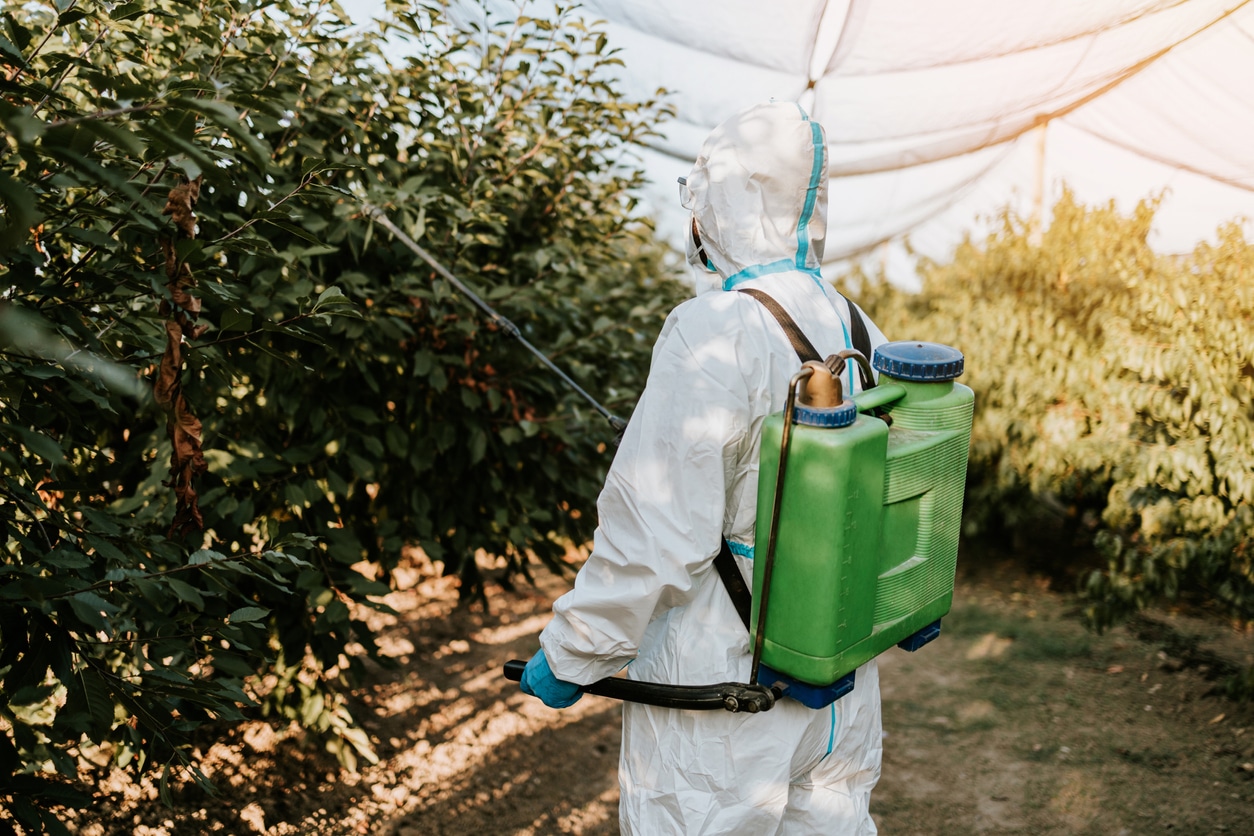Stinging insects, such as bees, wasps, and hornets, can pose a significant threat to humans due to their ability to deliver painful stings. When it comes to controlling stinging insect populations, it is crucial to prioritize safety. This article will explore the importance of protective gear and precautions in stinging insect pest control, highlighting the necessary equipment, safety protocols, and effective control methods.
1. Understanding the Risks:
Before engaging in stinging insect control, it is essential to understand the risks associated with these insects. Allergic reactions, including severe swelling, difficulty breathing, and anaphylaxis, can occur in some individuals. Additionally, stinging insects may become aggressive when their nests are disturbed, increasing the risk of multiple stings.
2. Essential Protective Gear:
- Bee Suit and Veil: A full-body bee suit, consisting of a jacket and pants, provides complete protection. It should be made of thick, durable material and have elastic cuffs and ankle closures. A veil with a mesh face shield is necessary to protect the head and face.
- Gloves: Thick gloves made of leather or puncture-resistant material are essential to protect hands from stings. Choose gloves that provide a snug fit without compromising dexterity.
- Boots and Socks: Wear tall boots and tuck the pants into the boots to prevent insects from crawling up the legs. Additionally, wear thick socks for added protection.
3. Safety Precautions:
- Conduct a Site Survey: Before beginning any control measures, thoroughly inspect the area to identify nesting sites, entry points, and potential hazards. This will help develop a strategic plan for safe and effective control.
- Time of Application: Plan insect control activities during the early morning or late evening when stinging insects are less active and their numbers are reduced.
- Proper Identification: Ensure proper identification of the stinging insect species to determine the appropriate control methods and gauge the level of risk involved.
- Communication and Warning Signs: Communicate with others in the vicinity about the control activities being conducted. Place warning signs or barricades to alert people to avoid the treated area.
4. Effective Control Methods:
- Nest Removal: For nests within reach, carefully remove them using specialized equipment and techniques. It is crucial to ensure that all insects are eliminated, and the nest is properly disposed of to prevent re-infestation.
- Insecticides: Follow the product instructions and wear appropriate protective gear when using insecticides. Targeted applications, such as dust, aerosols, or liquid formulations, may be used to control stinging insects in specific areas.
- Integrated Pest Management (IPM) Approach: Adopt an IPM approach, combining various control methods, including habitat modification, exclusion, and biological controls, to manage stinging insect populations in a holistic and environmentally friendly manner.
Protective gear and precautions are vital components of stinging insect pest control. By understanding the risks involved, utilizing essential protective gear, following safety protocols, and employing effective control methods, pest management professionals can ensure their safety and the safety of others while efficiently managing stinging insect populations. Prioritizing safety minimizes the risk of stings and contributes to successful and sustainable pest control practices.
Take control of your property’s safety with Prompt Action Pest Control! Call us at (877) 877-6678 for expert stinging insect pest control services. Our team will safely and effectively eliminate these pests, ensuring your peace of mind. Don’t let stinging insects ruin your day—contact us today!














